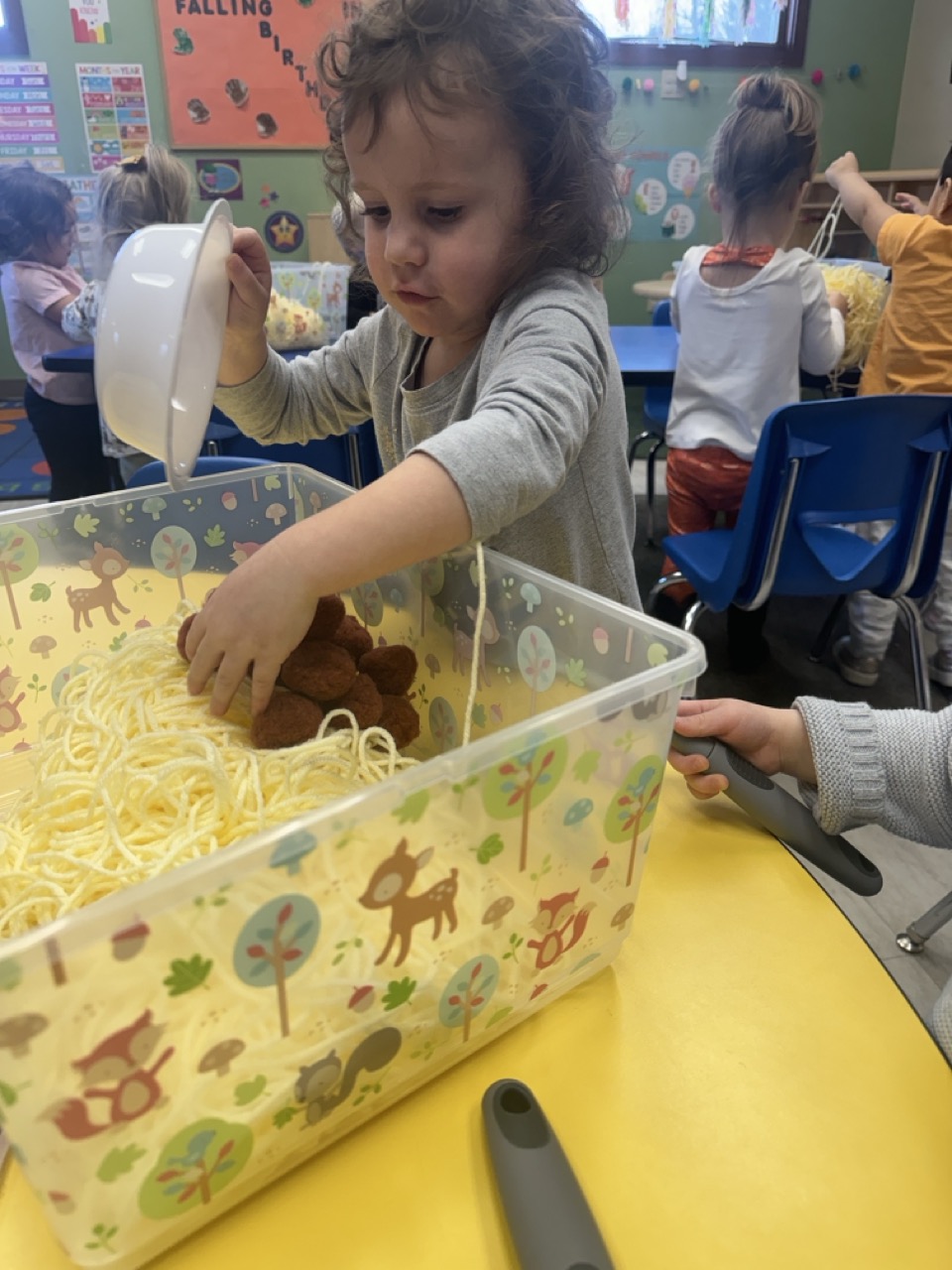
PROGRAMS
LOCATIONS
CAREERS

.png)









We welcome this opportunity to meet you and tell you more about our programs. When you visit Building Blocks, you will discover that our centers have been designed to provide a warm and loving atmosphere for your child. Come take a look and see for yourself, schedule your tour today
502 S Mountain Blvd. Mountain Top, PA • 570-208-2252